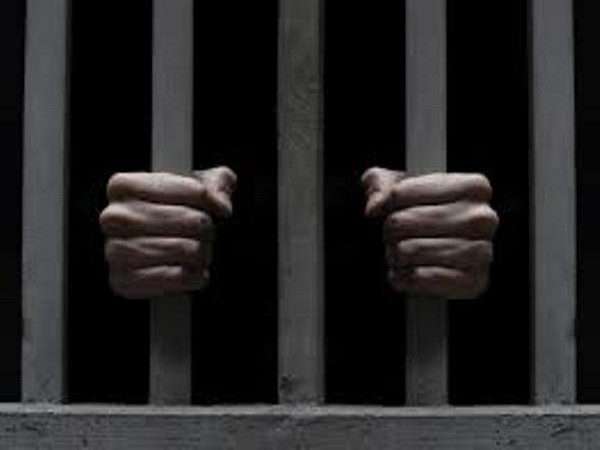UN Condemns New Four-Year Sentence for Chinese Citizen Journalist Zhang Zhan
Although the Chinese authorities have not disclosed the specific details of Zhang’s latest charges, it is widely believed that her social media activity formed the basis of the case.

The reported sentencing of Chinese citizen journalist and former lawyer Zhang Zhan to a further four years in prison has sparked international alarm, with human rights officials calling for her immediate and unconditional release. Zhang, who first came to global attention for her reporting during the early stages of the COVID-19 outbreak in Wuhan, was convicted once again under the vague charge of “picking quarrels and provoking trouble.”
A Pattern of Repression
This is the second custodial sentence Zhang has faced for the same offence, underscoring what international observers describe as a troubling pattern of repression against independent voices in China. The charge, often deployed against journalists, activists, and human rights defenders, has long been criticized for its lack of clear legal definition and its broad application against those exercising fundamental freedoms.
Although the Chinese authorities have not disclosed the specific details of Zhang’s latest charges, it is widely believed that her social media activity formed the basis of the case.
Concerns Over Trial Fairness
Human rights advocates have raised serious concerns about the conduct of Zhang’s trial, particularly given that independent observers were barred from attending. Such restrictions fuel ongoing fears about the lack of transparency in politically sensitive prosecutions and further diminish confidence in China’s adherence to international legal standards.
International Reactions
The Office of the UN High Commissioner for Human Rights (OHCHR) has previously raised Zhang’s case with Chinese authorities, alongside broader concerns over the targeting of journalists, bloggers, and human rights defenders. These individuals have been detained, charged, or convicted for actions that appear to fall squarely within the scope of internationally protected rights, including freedom of expression and association.
UN Human Rights Chief Volker Türk reiterated his longstanding concerns regarding the “picking quarrels and provoking trouble” statute. He described its wording as excessively broad and open to misuse against peaceful critics of the state.
“Such charges are at variance with China’s international human rights obligations,” Türk said. He urged Beijing to repeal the law and, in the interim, impose an immediate moratorium on its application.
Zhang Zhan’s Case in Context
Zhang Zhan, a former lawyer turned citizen journalist, rose to prominence in 2020 when she reported from Wuhan on the emerging COVID-19 crisis. Her detailed accounts, livestreams, and social media posts provided a rare independent perspective at a time when information was tightly controlled.
In December 2020, she was sentenced to four years in prison under the same offence, sparking widespread condemnation from human rights organizations, governments, and press freedom advocates. Reports from her family and supporters since then have raised alarm over her fragile health, particularly due to hunger strikes and force-feeding while in detention.
Her latest sentencing compounds these concerns, raising fresh fears for her well-being and safety in prison.
Calls for Release and Reform
The UN and other rights groups continue to call for Zhang’s immediate release and for China to end the practice of using vaguely defined legal provisions to silence dissent.
“This case reflects a wider crackdown on fundamental freedoms,” one OHCHR spokesperson said. “Journalists and human rights defenders should never be criminalized for exercising rights guaranteed under international law.”
Broader Implications
Zhang’s case has become emblematic of the growing risks faced by independent journalists in China, where increasing restrictions on expression and civil society have drawn international scrutiny. The renewed sentence not only threatens her personal liberty but also serves as a chilling reminder to others who seek to speak out.
As global concern mounts, the UN’s position remains clear: freedom of expression is a cornerstone of human rights, and criminalizing peaceful speech runs counter to China’s obligations under international treaties.










